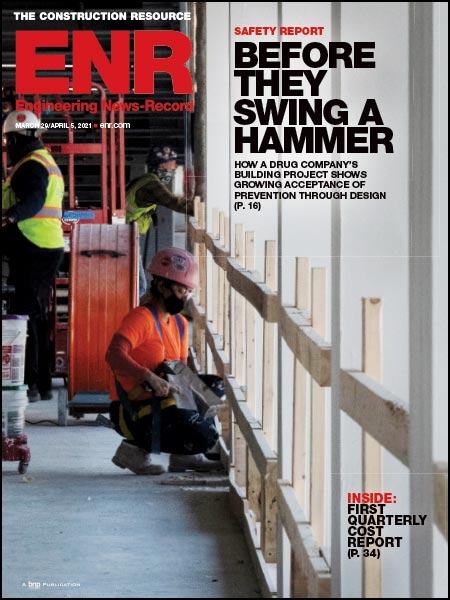Small contractors could see improvement in the bond market under regulatory changes proposed by the Small Business Administration. Several of the revisions aim to make SBA's surety bond program more attractive for surety companies, which have been abandoning the program in recent years.
Comments are due Oct. 26 on the SBA-proposed regulation, which was published in the Federal Register on Sept. 26.
The number of bonds issued has dropped significantly, from approximately 32,000 in 1992 to an estimated 5,175 by the end of 2006, according to SBA. Ten companies participate in the program today, compared with 32 in 1997.
Lenore Marema, vice president of government affairs at the Surety & Fidelity Association of America, says the changes are a positive step toward regaining interest among sureties. "The SBA is taking significant steps to assure that there will be enough sureties and agents actively participating in the program to respond to the needs of [small and emerging] contractors," she says.
Among proposed rule changes, sureties would be allowed to charge current state rates rather than fixed rates set by Surety & Fidel- ity in 1987, when Congress established the program. Sureties also would be required to provide au-dits of Preferred Surety Bond sureties every three years under the new rules, instead of the annual PSB audits that they currently undergo.
"The annual audit proved to be very time-consuming and a drain on resources," Marema says.
Another proposed change guarantees 90% payment of a surety's loss on bonds for a small business owned and controlled by a veteran.
Sureties are taking issue, however, with a proposed revision that would set a 45-day deadline for sending premiums to SBA. If a timely payment isn't made, SBA could deny liability under its guarantee. "Given how long it could take to award a contract, that seems unreasonable," Marema says.
The surety industry also is lobbying to get SBA fees lowered. Earlier this year, those fees were raised from 20% of premium to 26%. The agency originally proposed a 32% fee but reduced it after industry protests.


Post a comment to this article
Report Abusive Comment